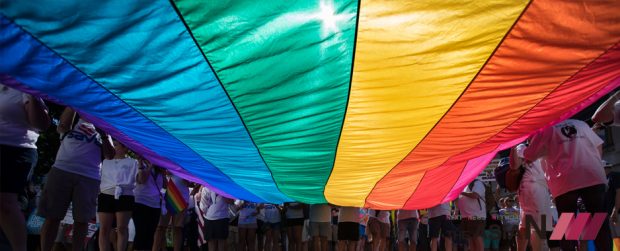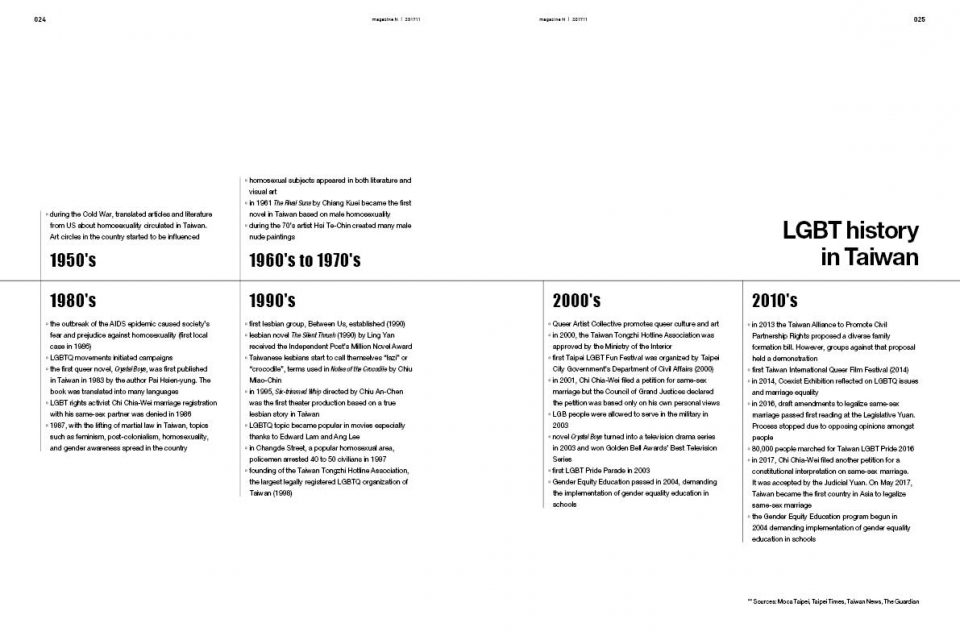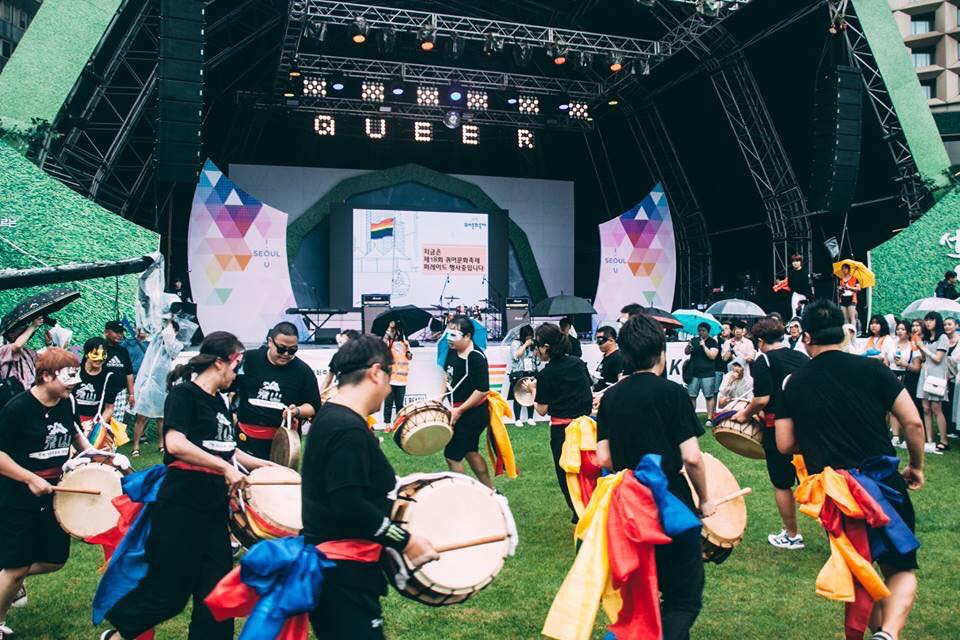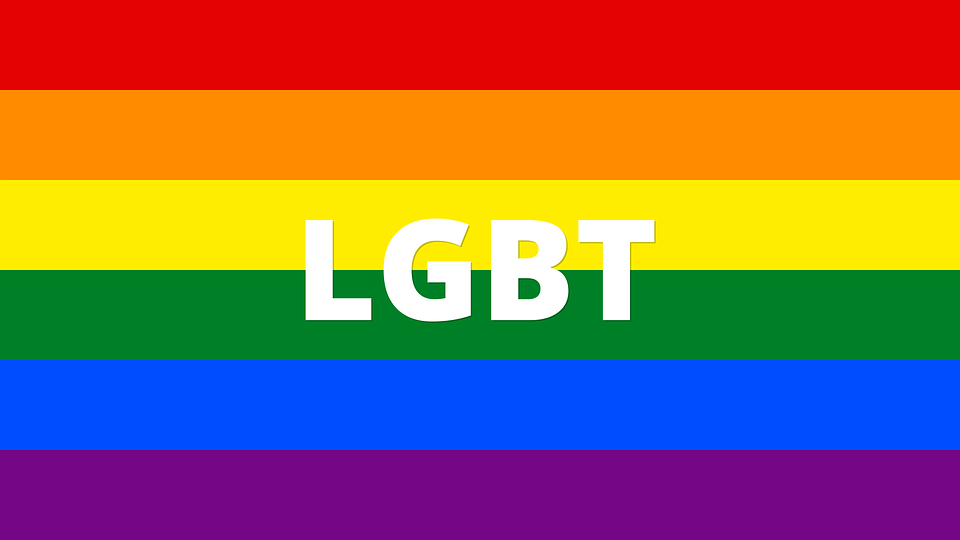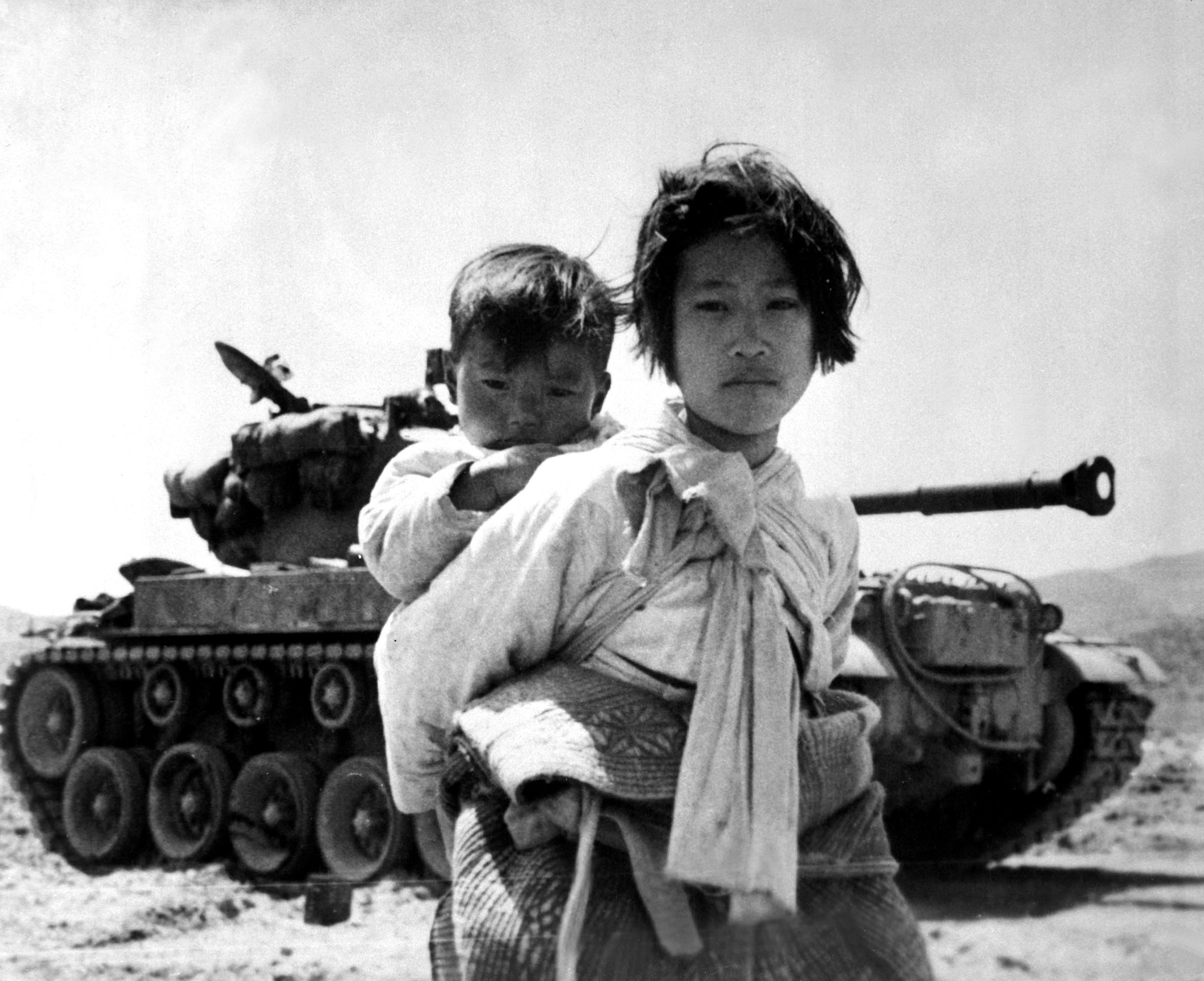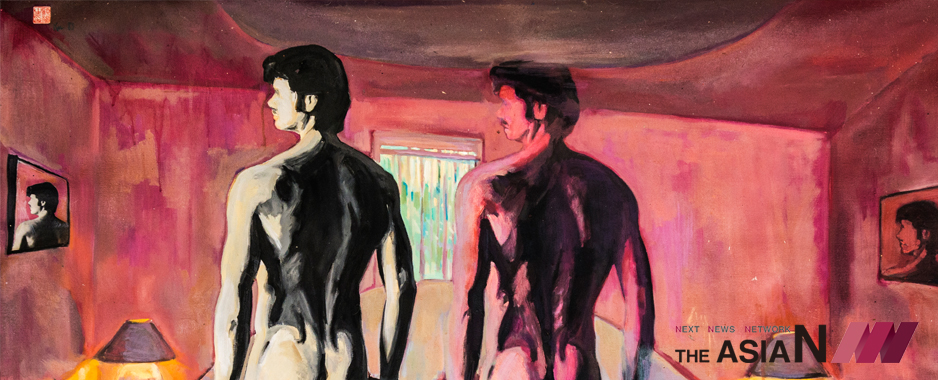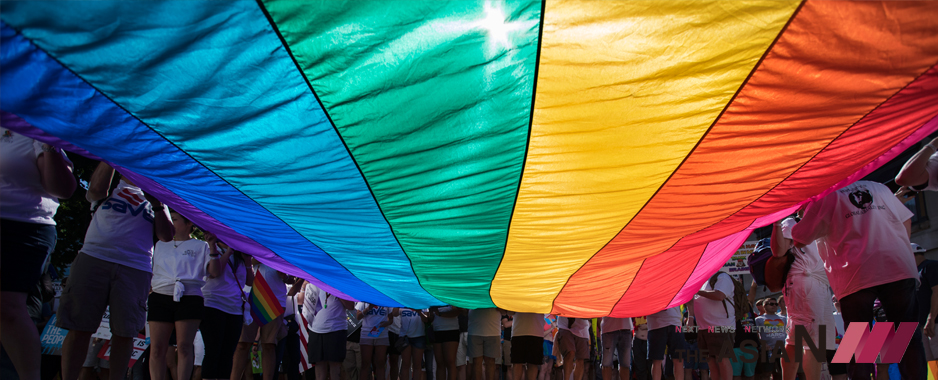
An Overview of LGBT Rights in Asia: Focus on Taiwan
2015 was a significant year in the world LGBT movement with a boldening of the “7-colored rainbow”. But that rainbow did not quite reach the Asian continent. Much of Asia was yet unwilling to accept rights of sexual minorities due to objections on the basis of religious and cultural values. And then came May 2017, when Taiwan became the first in Asia to allow same-sex marriage, thus making way for the 2nd phase of LGBT rights in the region. With this November issue, Magazine N brings to you our special section on the history of the LGBT movement in Asia, focusing on Taiwan and its acceptance of homosexual marriage. Italian reporter Alessandra Bonanomi introduces to you her experience with the progress of LGBT rights in Taiwan during her visit there, combining that with the social and artistic aspects that make Taiwan’s change unique in nature. She writes on the LGBT art exhibition in Taipei that has propelled LGBT rights throughout the area, including an interview with the Public Relations Manager of the exhibition. -Editor’s Note
LGBT rights in Asia
When it comes to talking about LGBT (lesbian, gay, bisexual, transgender) rights, Asia generally shows a conservative mindset. In fact, even in rich and developed places of the continent, the closed-shop mentality is hard to change. In countries such as Macao, where homosexuality is legal, two-thirds of the LGBT community stiff face high discrimination. In South Korea, “the 1962 Military Criminal Act’s Article 92-6 has been used to punish sexual acts between servicemen with up to two years in prison under a disgraceful conduct clause,” (CNN).
In other countries such as India, Pakistan, Bangladesh, Myanmar, Turkmenistan, Uzbekistan, Malaysia, Singapore, and Bhutan, homosexuality is illegal and gay people can face prison, sometimes even life sentences. Worst case scenarios occur in Iran, Iraq, Saudi Arabia, and Yemen, where homosexuality is punishable by death.
In many environments, the gay and transgender community face discrimination, abuse, and rape. Some become sex workers because they cannot find any other occupation. Moreover, the suicide rate among LGBT members is high.
It happens that some parents suggest or oblige their LGBT children to take reparative therapy. Also known as conversion or ex-gay therapy, the practice includes talk therapy, electroshock therapy, and other cruel methods. The main purpose is to change a person’s sexual orientation or gender identity. Even in countries where reparative therapy is illegal, some doctors still carry out similar procedures.
Taiwan, the light at the end of the tunnel
Despite the fact that the majority of Asian countries has primitive positions about LGBT rights, there are few places in which those ideas are changing.
For instance, on May 24, 2017, Taiwan’s Judicial Yuan announced its constitutional Interpretation No. 748, declaring that barring gay couples from marrying violates “the people’s freedom of marriage” and “the people’s right to equality”; demanding also the executive and legislative departments to finalize the revision or legislation of related laws to protect the rights to same-sex marriage. The highest court gave parliament two years to amend existing laws or pass new ones, otherwise gay couples would have automatically been allowed to register under the current framework. The court’s ruling could make Taiwan the first place in Asia to fully legalize gay marriage.
The court’s decision came in response to two petitions to review the current law, one brought by Chi Chia-wei, a pioneering Taiwanese gay rights activist. He came out as a gay teenager in 1975 and he has been campaigning for LGBT rights in the nation ever since. Moreover, on October 2016, the suspected suicide of French professor, Jacques Picoux, who was unable to marry his Taiwanese partner, Tseng Ching-chao, became a rallying call for LGBT activists. After his death, more than 80,000 LGBT activists and supporters took to the streets of the Taiwanese capital, Taipei, for the Asia’s largest ever gay pride parade.
“That Taiwan should be the first Asian polity to recognize same-sex marriage is, on some level, unsurprising,” The Diplomat reports. In fact, the island has long been home to one of Asia’s most vibrant LGBT communities who were always ready to involve people in their activities such as the gay pride parades. Moreover, the current party that holds a legislative majority and the presidency, the Democratic Progressive Party (DPP), has also been supportive of LGBT rights.
The court’s ruling is an evidence of the robust democracy that the Taiwanese have built.
Who’s next?
Studies suggest that Cambodia and Thailand are the most likely countries in Asia to follow Taiwan’s footsteps. In fact, in 2011, a ban prohibiting gay unions was abolished in Cambodia, rendering same-sex marriage neither legal nor illegal.
For one, Thailand is one of the most tolerant countries in Asia in regards to homosexuality. Transsexuals are often seen in Thai popular entertainment, television shows, and nightclub performances. Many LGBT tourists visit the country every year attracted by the “Pink Tourism”.
However, even if Cambodia and Thailand are quite open regarding the LGBT issue, gay and transsexual people still face discrimination, requiring further deliberation within national policy reform.
By Alessandra Bonanomi, reporter for The AsiaN



